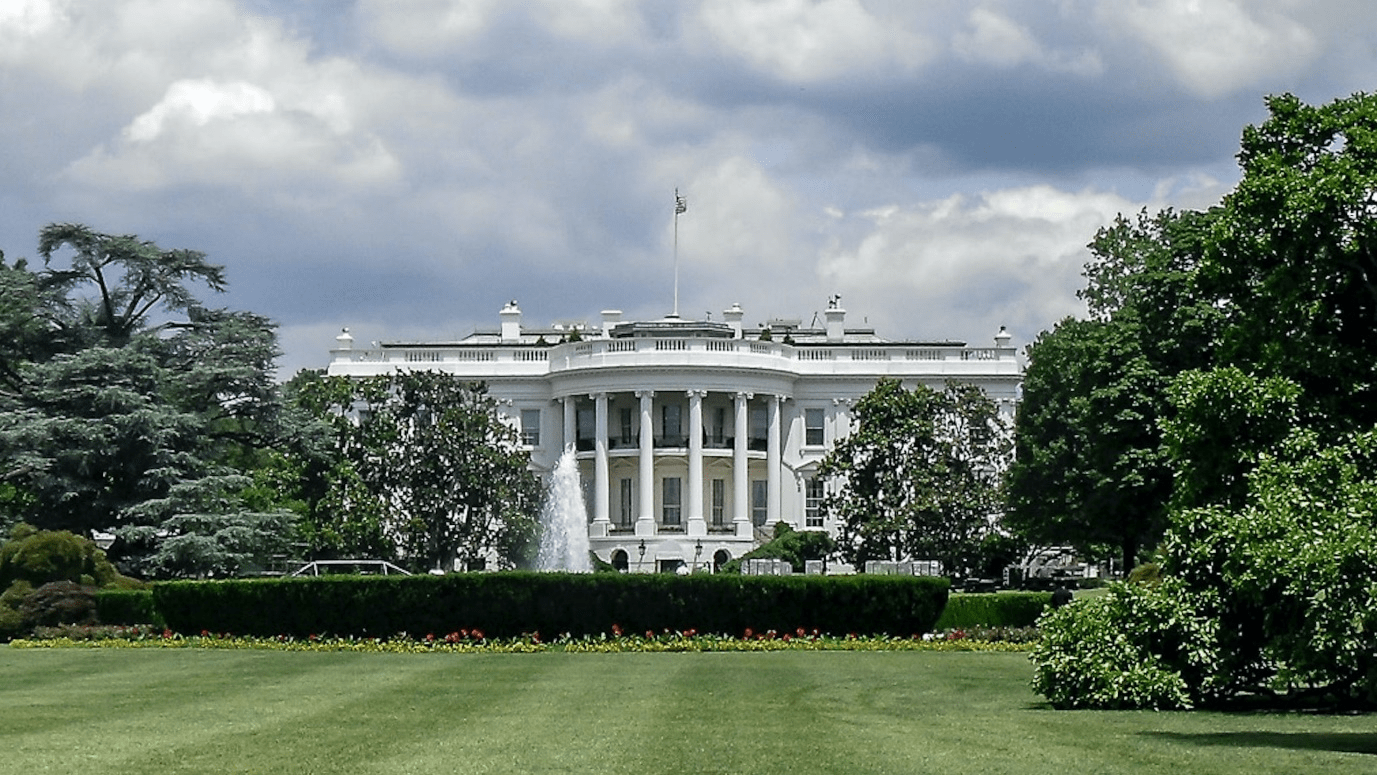
Why Skills-First Leadership Is Replacing the Ivy League Playbook in the C-Suite
The old prestige pyramid—where Ivy League degrees and blue-chip consulting backgrounds paved the way to the CEO seat—is cracking.

October 25, 2021: On Thursday, the Treasury Department’s Financial Stability Oversight Council released a report that assessed the risks changes climate poses to the U.S. financial system and provided recommendations to protect the economy.
The council issued the report in response to President Joe Biden’s executive order that directed Treasury Secretary Janet Yellen, the head of the FSOC, and financial regulators to produce a report on climate-related financial risk data.
The blueprint potentially moves forward new regulations and oversight related to climate-based financial risk on Wall Street.
Climate-related disasters such as heatwaves, drought, floods, and wildfires have grown more frequent and threaten to upend the financial system’s stability. According to the National Oceanic and Atmospheric Administration, in 2020 alone, a record number of disasters caused $95 billion in damages.
The FSOC’s report also accounts for how climate change will likely create abrupt shocks to the financial system in the coming years. The report said that different sectors would experience stresses as policy, consumer sentiment, and technologies shift to mitigate climate change.
For instance, last year, a Commodity Futures Trading Commission panel cited data estimating that between $1 trillion and $4 trillion in global wealth connected to fossil fuels could be destroyed.
On Thursday, During a call with CNBC, a senior Treasury official said the FSOC anticipates all council members will sign on to the report and formally establish the Climate-related Financial Risk Committee with a charter.
Over 20 federal agencies published climate adaptation plans identifying the most significant threats climate change poses to their operations and facilities and planning to address them.
More recently, the Biden administration published a governmentwide roadmap to account for the way climate change could harm the companies invested in and protect American families’ savings with retirement plans.
In November, the president is set to attend the United Nations Climate Change Conference of the Parties, or COP26, in Scotland. The U.S. has vowed to slash domestic greenhouse gas emissions in half by 2030 and reach net-zero emissions by 2050.

The old prestige pyramid—where Ivy League degrees and blue-chip consulting backgrounds paved the way to the CEO seat—is cracking.

Loud leaders once ruled the boardroom. Charisma was currency. Big talk drove big valuations.

But the CEOs who make history in downturns aren’t the ones with the deepest cuts

Companies invest millions in leadership development, yet many of their best executives leave within a few years. Why?

The most successful business leaders don’t just identify gaps in the market; they anticipate future needs before anyone else.

With technological advancements, shifting consumer expectations, and global interconnectedness, the role of business leaders

The Fort McMurray First Nation Group of Companies is the wholly owned business entity of Fort McMurray 468 First Nation. It was established in 1987 as Christina River Enterprises, and the organization rebranded as FMFN Group in 2021. Providing Construction, Custodial, Petro-Canada Fuel & Convenience Store, and Transportation services to a broad portfolio of customers, the Group of Companies is creating financial stability and prosperity for the Nation.

Maushum Basu is a visionary leader who inspires his team with a clear, compelling purpose. Unafraid to take calculated risks, he understands that growth often stems from change and innovation. His deep commitment to both Airia Brands, Inc.

When speaking with Martin Paquette, one thing is immediately apparent: he’s honest. His transparency is refreshing. While many shy away from such vulnerability, Paquette sees it as a force to reckon with. The incredible emotional intelligence speaks to years of looking within—it’s also what allows him to acknowledge his mistakes gracefully and use them as opportunities to innovate.

Marina Charriere, CEO of Star Drug Testing Services, Star Drug Testing Services (Windsor Park), and First Defence Face Masks go hand in hand. Star is a drug and alcohol testing facility, and First D F M is a face mask company.


Leave us a message
Subscribe
Fill the form our team will contact you
Advertise with us
Fill the form our team will contact you